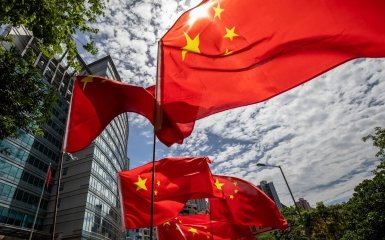The US Department of Defence does not see confirmation that North Korea has sent its engineering troops to support Russia's armed aggression against Ukraine.
Points of attention
- The Institute for the Study of War assumes the possibility of engineering support from North Korea to the Russian army in aggression against Ukraine.
- The international organization Conflict Armament Research discovered fragments of North Korean missiles on Ukrainian territory, which indicates the possible participation of North Korea in Russian aggression against Ukraine.
- Russia and North Korea violated the embargo on the export of weapons from the DPRK by transporting more than 11 thousand containers with ammunition.
The Pentagon did not notice any signs of sending troops from North Korea to Russia
This was stated by Deputy Spokesperson of the US Department of Defense Sabrina Singh during a press briefing on Monday.
I don't have anything to say about that, - said a representative of the defense department in response to a question about whether the Pentagon sees signs that North Korea has sent its troops to Russia to support its war in Ukraine.
At the same time, Singh emphasized that the US is aware of the position of the regime in Pyongyang, which supports the Kremlin's military aggression and provides various military support to Russia.
In this regard, the Institute for the Study of War (ISW) noted that they have not yet seen reports that would indicate this. However, military analysts suggest that direct engineering support from the DPRK could contribute to Russian efforts to expand military infrastructure and defense fortifications in the occupied territory of Ukraine.
The international organization Conflict Armament Research found fragments of North Korean missiles in Ukraine
The head of a research organization that has been tracking weapons used in attacks in Ukraine since 2018 has told the UN Security Council that it has been "irrefutably" established that the remains of ballistic missiles found in Ukraine come from North Korea.
The United States and its Western allies clashed with Russia and North Korea at the meeting, saying both countries had violated a UN embargo on arms exports from the Democratic People's Republic of Korea.
Russia rejected the "groundless accusations" and North Korea dismissed the meeting as "an extremely brazen act" to discuss "someone's alleged arms transfer".
Jonah Leff, executive director of Conflict Armament Research, provided the council with a detailed analysis of the remnants of the missile that struck Kharkiv on January 2.
He said the organization documented the missile's rocket motor, its tail and nearly 300 components made by 26 companies from eight countries and territories, and determined that the missile was either a KN-23 or a KN-24 manufactured in 2023 in North Korea. .








